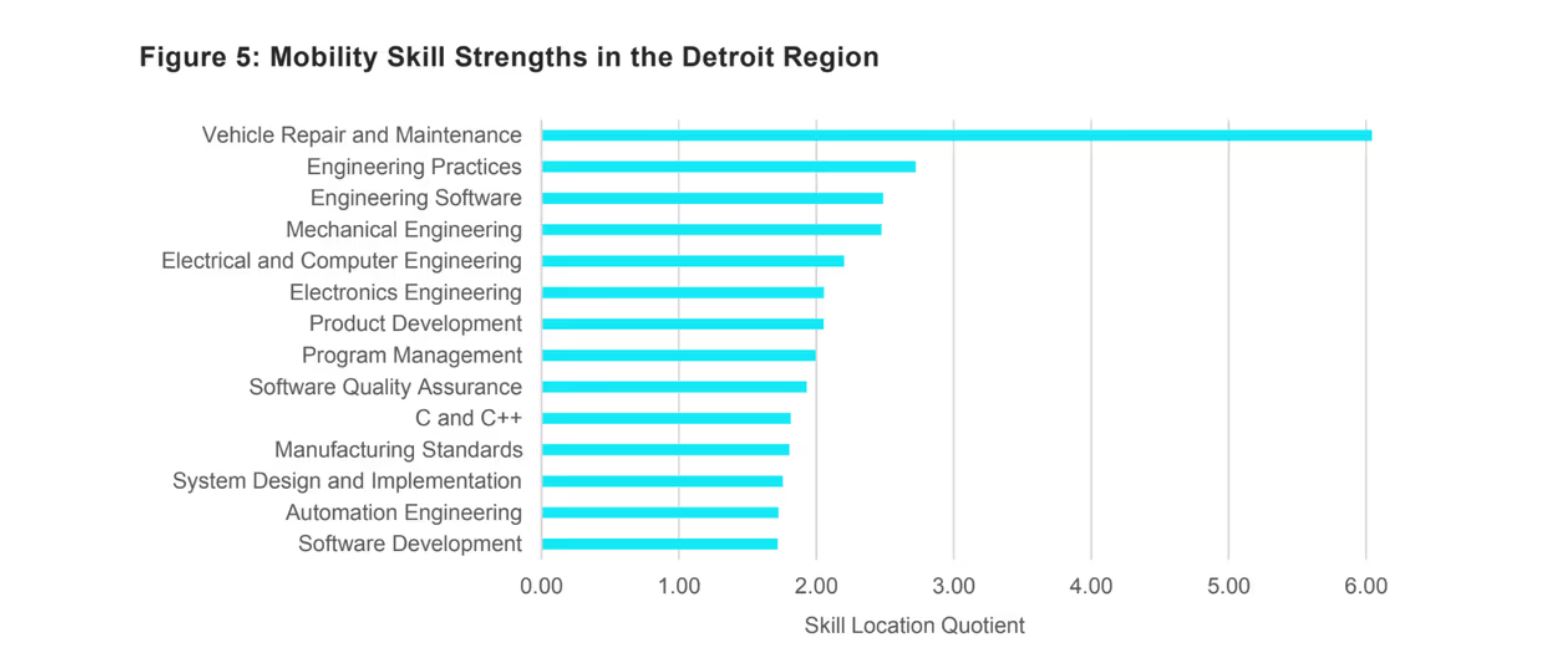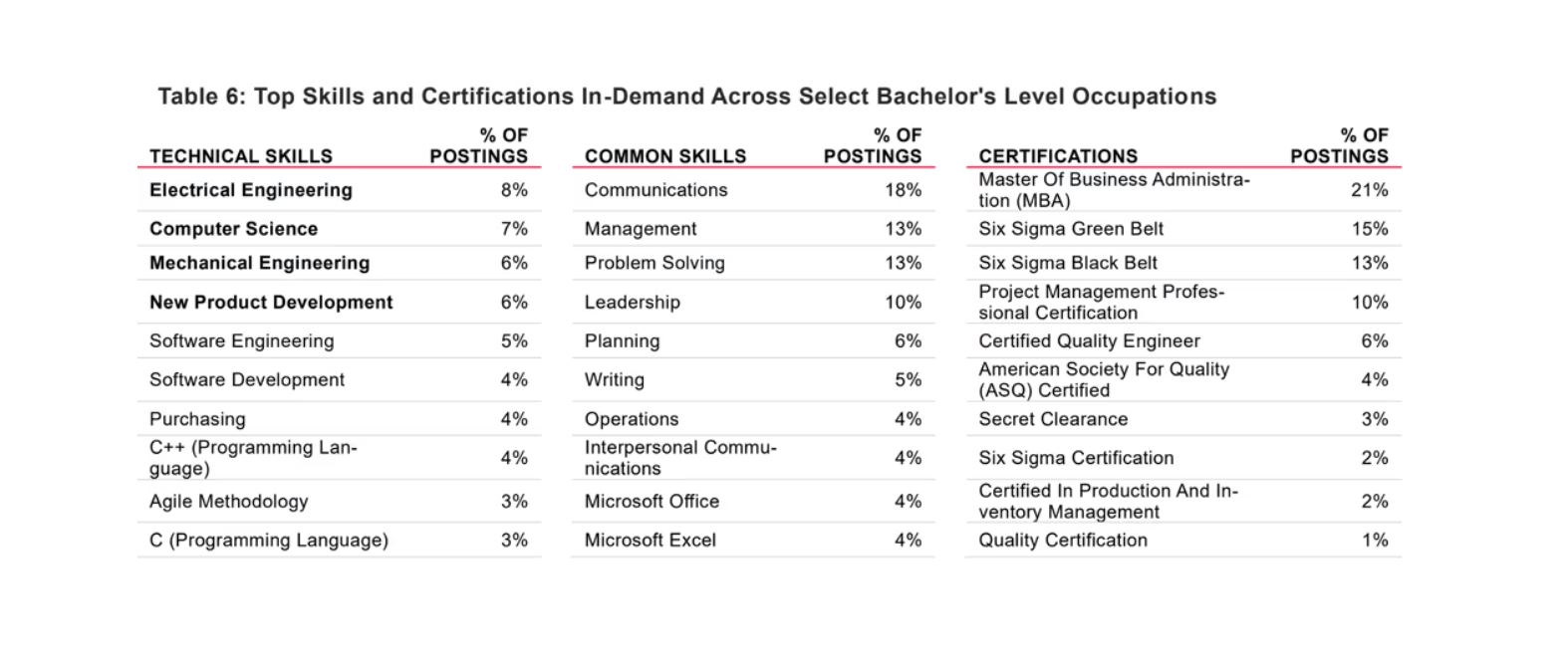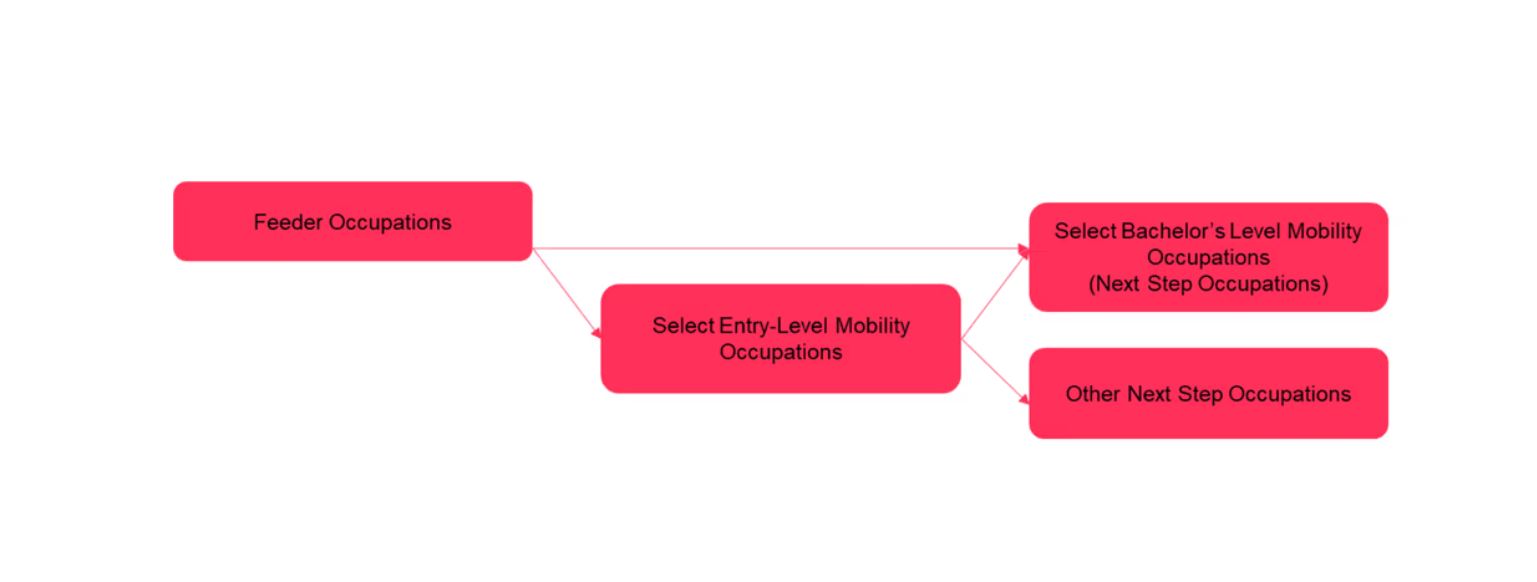Lightcast
Oct. 13, 2024
Ashley Peterson
The automotive industry in the United States is undergoing a profound transformation, driven by rapid advancements in technology, shifts in consumer preferences, and a push towards sustainability. These trends are not only reshaping the way vehicles are designed, manufactured, and sold, but are also creating new demand for talent and skills across the sector. As electric vehicles, autonomous driving, and connected car technologies become more prevalent, the industry faces a growing need for individuals with expertise in areas like software development, cybersecurity, and data analysis.
The Detroit, Michigan region, known as “Motor City”, has perhaps the longest and most storied history in the US automotive sector and is home to many of the largest, most innovative automotive companies. As technology in this sector continues to evolve, the Detroit region is once again organizing to create a future, building on its legacy of industrial innovation, to ensure that the next chapter is characterized by growth and opportunity that rivals that of prior eras.
Achieving this vision requires an approach that is at once focused and far-reaching. The Detroit area is fortunate to have developed a collection of education and training providers that reaches every corner of the region. The distributed nature of the region’s Community Colleges allows its institutions to serve a diverse current and potential workforce. However, it also makes it challenging to coordinate and align messaging, instruction, and learner support. Additionally, the distributed nature of the system makes it difficult to balance the needs of individual learners and employers with the needs of the broader innovation community that designs, produces, and supplies the Advanced Mobility sector. Fortunately, the Detroit Regional Chamber serves as a force to knit together these diverse and distributed educational assets – bringing focus and cohesion to the region’s talent strategy.
Creating a Custom Sector Definition to Inform Strategy and Drive Decisions
With strong coordination across such a formidable network, the Detroit Regional Chamber, its MichAuto program, and community college partners have the infrastructure, the means, and the will to create a truly regional education and training ecosystem. However, such a robust ecosystem requires equally robust data-backed insight to guide and inform its efforts. Lightcast is pleased to collaborate with the Detroit Regional Chamber and its partners by providing that insight, helping them to develop a future-ready workforce capable of meeting the Advanced Mobility sector’s evolving needs.





